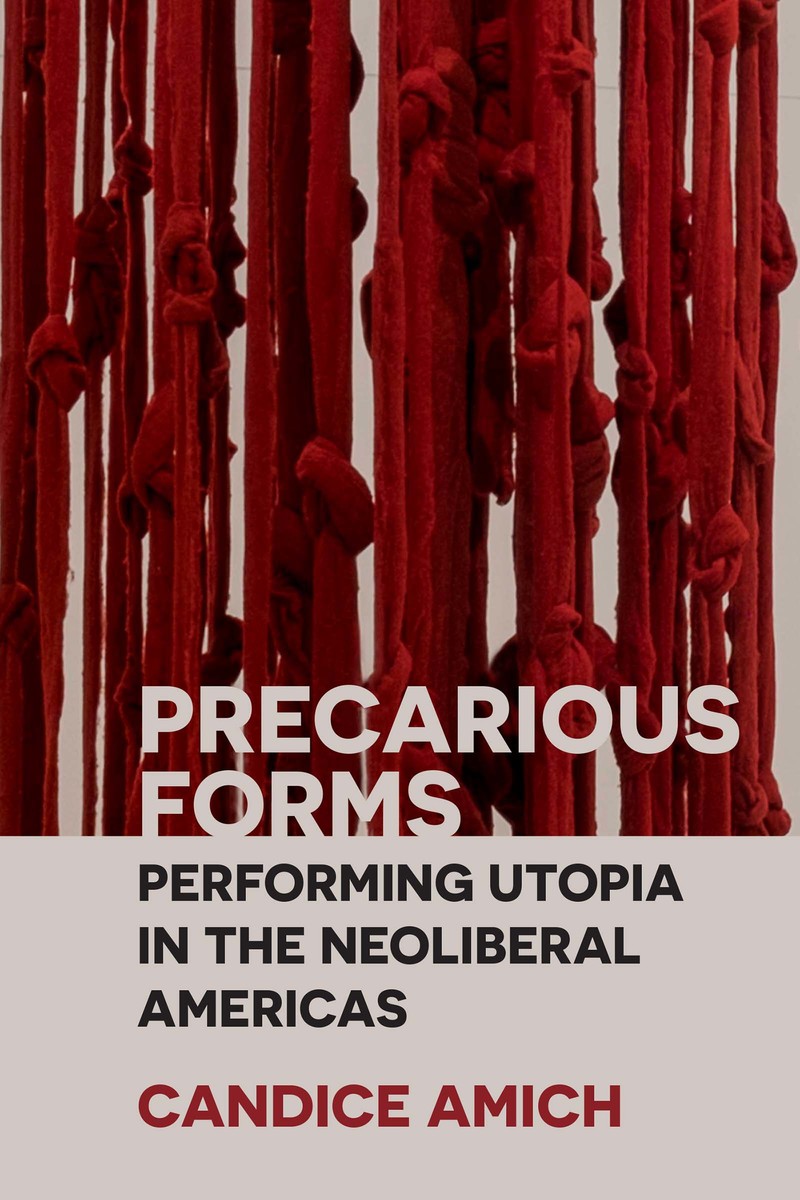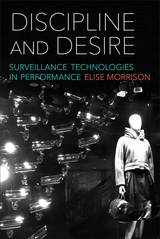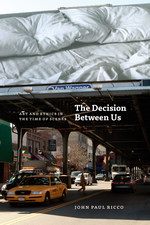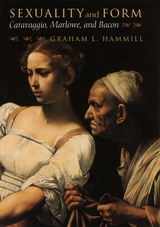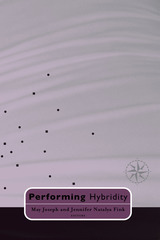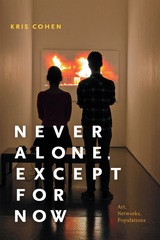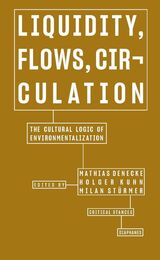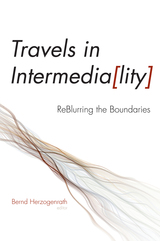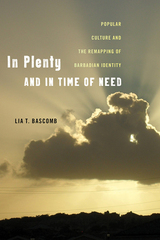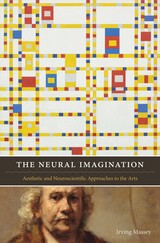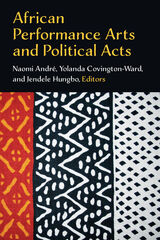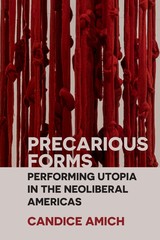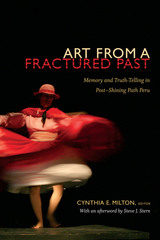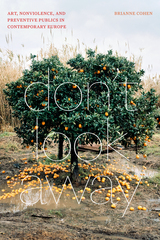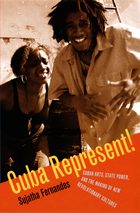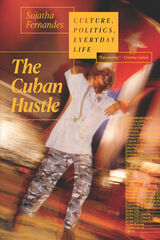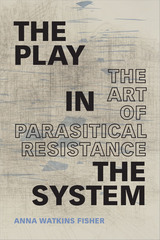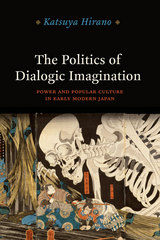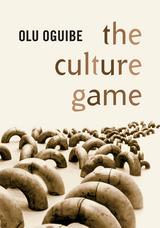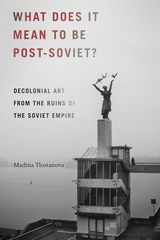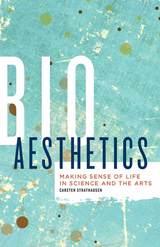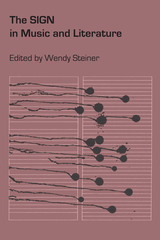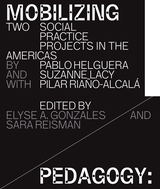“Precarious Forms is an arresting study of how performance and poetry have pierced the ‘neoliberal sensorium’ of U.S. hegemony in the Americas, from the 1973 imposition of neoliberal order in Chile, through the Central American wars and NAFTA, to the present. Through an immersive reading of critically important works, Amich powerfully weaves together two central strands of contemporary aesthetic and social thought: precarity as an embodied structure of feeling foundational to neoliberalism, and utopia, understood in its performative, political dimensions.” —Jill Lane, author of Blackface Cuba, 1840–1895
— -
“With extraordinary insight and with exhaustive research, Candice Amich offers an original study of how various Latin American performance artists, poets, and activists, from the 1960s to today, rewrite, re-embody, and reposition themselves against neoliberal doctrine. This book invites the reader to consider the effects of the Washington Consensus through the exploration of precarious forms of conviviality. The author cleverly questions the utopia in performances while proposing possible answers in the creation and manifestation of communities through artistic practice.” —Paola Hernández, co-editor of Imagining Human Rights in Twenty-First-Century Theatre: Global Perspectives.
— -
"Neoliberalism has nowadays become a widespread term amongst political theorists for describing the model dominating global politics over the past four decades. Yet within the field of cultural studies, work remains to be done on both how neoliberalism has shaped our feelings and bodies and how art can intervene in the neoliberal distribution of the sensible. Precarious Forms is an important read for anyone interested in understanding our present time and challenging the neoliberal assumption that even though the system is not always just, given that alternatives have failed, this is all that is left." —Alexandra Perisic, ALH Online Review
"With this book, Amich has created a fruitful space for dialogue among practices from different artists during different periods of the neoliberal historical sequence. The book will appeal to those interested in performance art and poetry and in the relation between artistic practices and pressing issues such as migration, exile, precarious forms of labor, and post-revolutionary and post-dictatorship struggles for justice and visibilization. Her close readings are illuminating and some of them offer novel ways of entering or re-entering classic works . . . a novel contribution to a corpus of critical works that center utopia in the struggle against neoliberalism." —César Barros A., Latin American Theatre Review
“Amich’s archive capaciously combines ‘corporeal and literary texts’; she analyzes ‘documented ephemera, recorded performances, and published literary and artistic’ works created by a series of artists and writers who are at once canonical and under-theorized . . . [The artists] discussed by Amich ‘resist the isolation and abstraction of purely economic rationalities and relations,’ transforming economic bonds into political ones.” —Sarah Dowling, “Poetics,” The Year’s Work in Critical and Cultural Theory— -
“Precarious Forms is an arresting study of how performance and poetry have pierced the ‘neoliberal sensorium’ of U.S. hegemony in the Americas, from the 1973 imposition of neoliberal order in Chile, through the Central American wars and NAFTA, to the present. Through an immersive reading of critically important works, Amich powerfully weaves together two central strands of contemporary aesthetic and social thought: precarity as an embodied structure of feeling foundational to neoliberalism, and utopia, understood in its performative, political dimensions.” —Jill Lane, author of Blackface Cuba, 1840–1895
— -
“With extraordinary insight and with exhaustive research, Candice Amich offers an original study of how various Latin American performance artists, poets, and activists, from the 1960s to today, rewrite, re-embody, and reposition themselves against neoliberal doctrine. This book invites the reader to consider the effects of the Washington Consensus through the exploration of precarious forms of conviviality. The author cleverly questions the utopia in performances while proposing possible answers in the creation and manifestation of communities through artistic practice.” —Paola Hernández, co-editor of Imagining Human Rights in Twenty-First-Century Theatre: Global Perspectives.
— -
"Neoliberalism has nowadays become a widespread term amongst political theorists for describing the model dominating global politics over the past four decades. Yet within the field of cultural studies, work remains to be done on both how neoliberalism has shaped our feelings and bodies and how art can intervene in the neoliberal distribution of the sensible. Precarious Forms is an important read for anyone interested in understanding our present time and challenging the neoliberal assumption that even though the system is not always just, given that alternatives have failed, this is all that is left." —Alexandra Perisic, ALH Online Review
"With this book, Amich has created a fruitful space for dialogue among practices from different artists during different periods of the neoliberal historical sequence. The book will appeal to those interested in performance art and poetry and in the relation between artistic practices and pressing issues such as migration, exile, precarious forms of labor, and post-revolutionary and post-dictatorship struggles for justice and visibilization. Her close readings are illuminating and some of them offer novel ways of entering or re-entering classic works . . . a novel contribution to a corpus of critical works that center utopia in the struggle against neoliberalism." —César Barros A., Latin American Theatre Review
“Amich’s archive capaciously combines ‘corporeal and literary texts’; she analyzes ‘documented ephemera, recorded performances, and published literary and artistic’ works created by a series of artists and writers who are at once canonical and under-theorized . . . [The artists] discussed by Amich ‘resist the isolation and abstraction of purely economic rationalities and relations,’ transforming economic bonds into political ones.” —Sarah Dowling, “Poetics,” The Year’s Work in Critical and Cultural Theory— -
